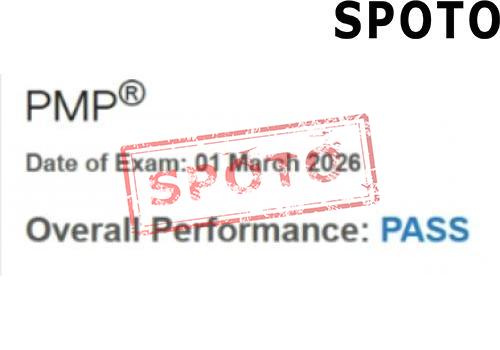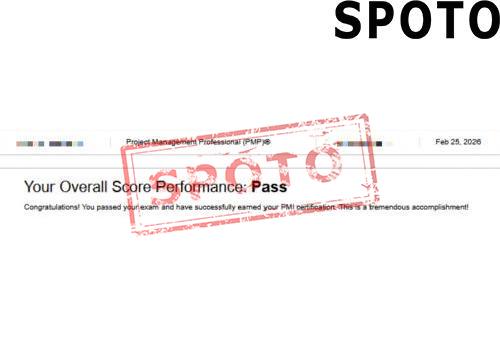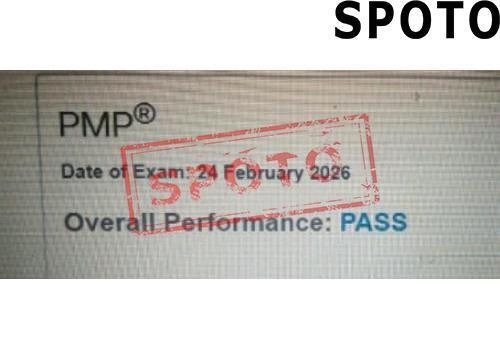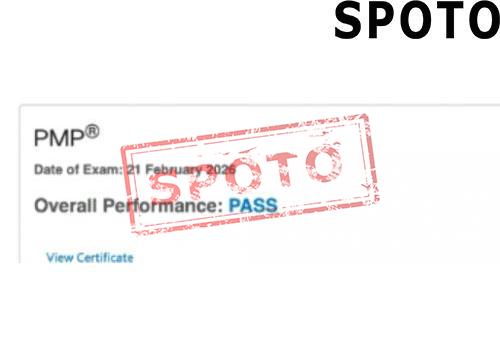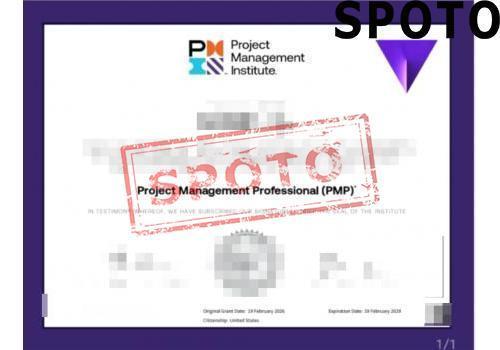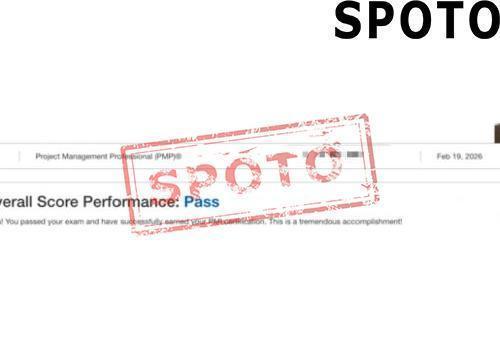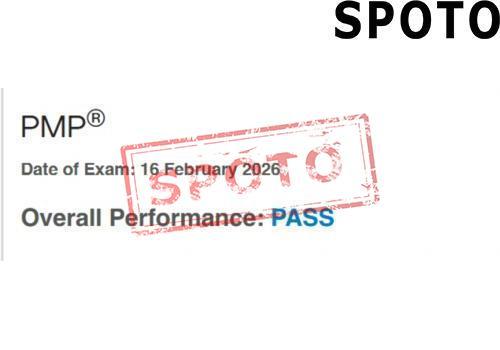
Table of Contents
In today's fast-paced and ever-evolving project management landscape, Agile methodologies have become the cornerstone of successful project delivery. As organizations increasingly adopt Agile practices, the demand for professionals with recognized Agile certifications has surged. Whether you're a seasoned project manager or new to the Agile world, obtaining the right certification can significantly enhance your career prospects.
This comprehensive guide delves into the top Agile certifications, helping you navigate the options and choose the one that aligns best with your career goals.
Why Pursue an Agile Certification?
Agile certifications validate your understanding and proficiency in Agile principles and practices. They not only bolster your resume but also equip you with the skills to lead Agile teams effectively, adapt to changing project requirements, and deliver value efficiently.
Benefits of Agile Certifications:
-
Career Advancement: Stand out in a competitive job market.
-
Skill Enhancement: Gain in-depth knowledge of Agile frameworks.
-
Networking Opportunities: Connect with a community of Agile professionals.
-
Increased Earning Potential: Certified professionals often command higher salaries.
Top Agile Certifications to Consider
1. PMI Agile Certified Practitioner (PMI-ACP)
-
Offered by: Project Management Institute (PMI)
-
Cost: $435 (PMI members), $495 (non-members)
-
Prerequisites:
-
21 hours of Agile training
-
12 months of general project experience
-
8 months of Agile project experience within the last 3 years
-
-
Renewal: 30 PDUs in Agile topics every 3 years
-
Why Choose PMI-ACP: It covers a broad spectrum of Agile methodologies, including Scrum, Kanban, Lean, and more, making it ideal for professionals seeking a comprehensive understanding of Agile practices.
2. Certified ScrumMaster (CSM)
-
Offered by: Scrum Alliance
-
Cost: Varies by training provider
-
Prerequisites: Attendance in a 2-day (16-hour) CSM course
-
Renewal: Every 2 years with 20 SEUs and a renewal fee
-
Why Choose CSM: Perfect for those new to Scrum, it provides foundational knowledge and is widely recognized in the industry.
3. Professional Scrum Master (PSM I)
-
Offered by: Scrum.org
-
Cost: $150
-
Prerequisites: None
-
Renewal: No expiration
-
Why Choose PSM I: Ideal for self-learners, it emphasizes a deep understanding of Scrum principles and is known for its rigorous assessment.
4. SAFe® Scrum Master (SSM)
-
Offered by: Scaled Agile
-
Cost: Included with course registration
-
Prerequisites: Familiarity with Agile concepts and Scrum
-
Renewal: Annual renewal fee
-
Why Choose SSM: Tailored for organizations implementing Agile at scale, it focuses on the Scrum Master's role within a SAFe enterprise. Reddit+1项目管理网+1
5. Disciplined Agile Scrum Master (DASM)
-
Offered by: Project Management Institute (PMI)
-
Cost: Varies by training provider
-
Prerequisites: None
-
Renewal: 7 PDUs in Agile topics annually
-
Why Choose DASM: Provides a toolkit of Agile and Lean practices, allowing professionals to tailor their way of working to the context of their organization.
6. ICAgile Certified Professional (ICP)
-
Offered by: International Consortium for Agile (ICAgile)
-
Cost: Varies by training provider
-
Prerequisites: None
-
Renewal: No expiration
-
Why Choose ICP: Focuses on Agile mindset and foundational principles, suitable for those beginning their Agile journey. ICAgile
7. AgilePM® Foundation and Practitioner
-
Offered by: APMG International
-
Cost: Varies by training provider
-
Prerequisites: None for Foundation; Foundation certification required for Practitioner
-
Renewal: No expiration
-
Why Choose AgilePM: Combines Agile principles with project management processes, ideal for project managers seeking to apply Agile in a structured environment. Simplilearn.com+8项目管理协会+8Indeed+8
Factors to Consider When Choosing an Agile Certification
-
Career Goals: Align the certification with your desired role (e.g., Scrum Master, Product Owner, Agile Coach).
-
Experience Level: Some certifications are entry-level, while others require prior experience.
-
Framework Focus: Decide if you want a general Agile certification or one focused on a specific framework like Scrum or SAFe.
-
Industry Recognition: Opt for certifications that are widely recognized and respected in your industry.
